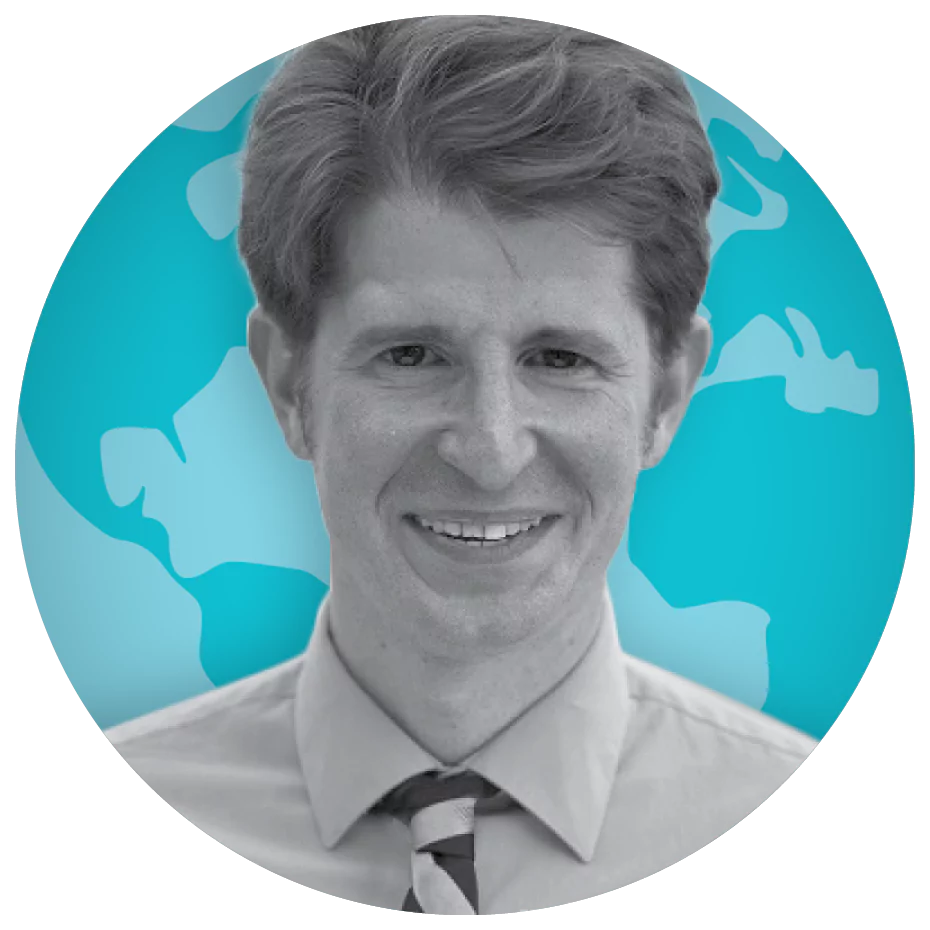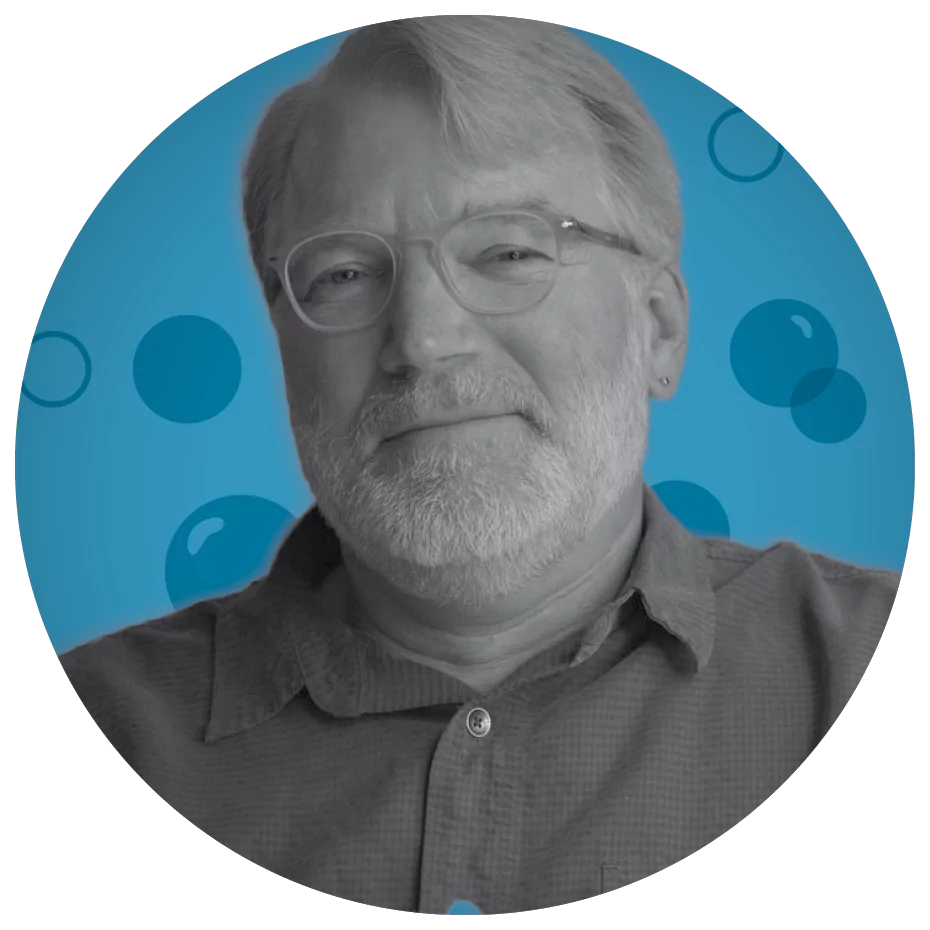
Our Scientific Advisory Council
Comprised of environmental and medical experts, guiding us in creating the safest products, following the latest science and promoting policy to protect human health and our planet.

Dr. Leonardo Trasande
Dr. Trasande is an internationally renowned leader in children’s environmental health. He is a Jim G. Hendrick MD Professor, Director of the Division of Environmental Pediatrics and Vice Chair for Research in the Department of Pediatrics at NYU School of Medicine.

Dr. Nikhila Raol
Dr. Raol is a pediatric otolaryngologist at Children's Healthcare of Atlanta and an assistant professor of Otolaryngology-Head and Neck Surgery and Pediatrics. She is a member of the research steering group at the Children's Feeding Program and is a lead clinician in the Dysphagia Management and Aerodigestive Clinics.

Dr. Bruce Lanphear
Dr. Lanphear is a Member of the U.S. EPA's Clean Air Scientific Advisory Committee. He is also an editorial board member for several scientific journals, including PLoS Medicine, Environmental Research, Public Health Reports, Breastfeeding Medicine, Environmental Health and Environmental Health Perspectives.

Dr. Jodi A. Flaws
Dr. Flaws is a Professor in Comparative Biosciences at the University of Illinois Urbana/Champaign. Dr. Flaws’ research program is mainly focused on determining the mechanisms by which environmental chemicals affect the development and function of the ovary.

Dr. Joseph Laakso
Dr. Laakso is the Director, Science Policy at the Endocrine Society, a professional scientific and medical specialty association representing over 18,000 endocrinologists and endocrine scientists worldwide.

Dr. Sarah Corathers
Dr. Corathers is an Associate Professor at the University of Cincinnati Department of Pediatrics, Cincinnati Children’s Hospital Medical Center and the College of Medicine. She directs the Quality Scholars Program in the James M. Anderson Center for Health Systems Excellence at Cincinnati Children’s.

